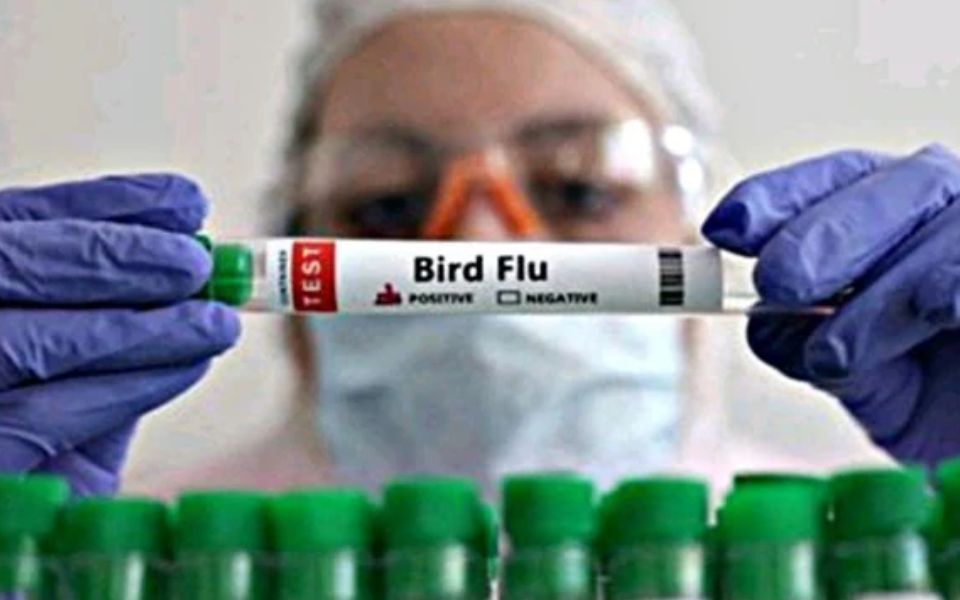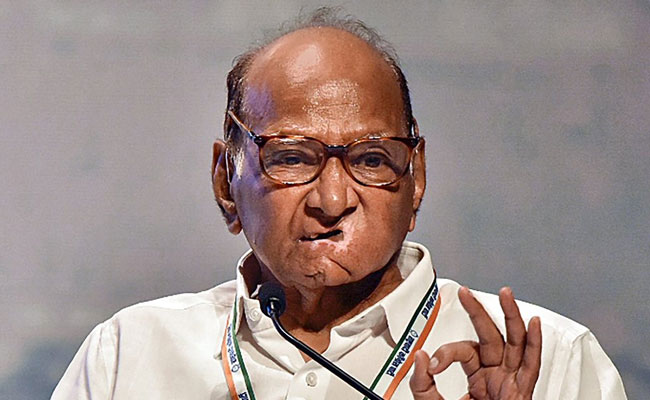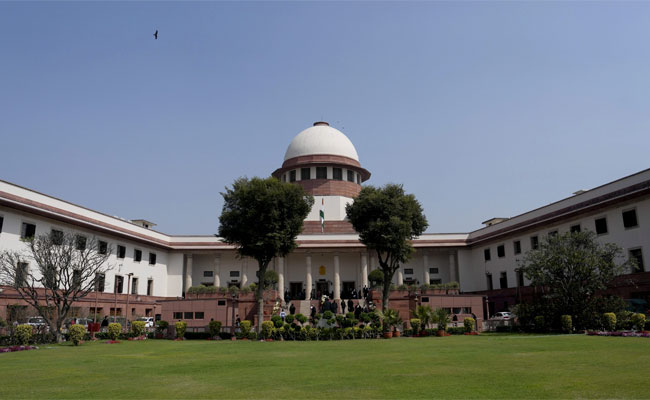Mangaluru: As an outbreak of avian flu has been reported in some districts of neighbouring Kerala, the border areas of Karnataka, including Mangaluru, have been put on high alert, officials of the Karnataka Animal Husbandry department here said.
At present, the situation in Kerala is being monitored before any action can be taken, they said.
“Our Kerala counterparts have assured us that the avian flu has been contained within Alappuzha district. However, loading, booking and carrying poultry and poultry products on trains and at railway stations are still under consideration (surveillance), the officials said.
Not only railways but also road transport ferrying chicken loads from Kerala to Mangaluru are under surveillance. Mangaluru, being one of the largest consumers of chicken from Kerala, has halted chicken procurement from Kerala-based suppliers.
ALSO READ: Combing operations launched amid suspected naxal sightings around Karnataka-Kerala border
Sudhakar Shetty, a market functionary, stated, “The animal husbandry department of Kerala has advised containment of avian flu within a few districts in Kerala. We are closely monitoring the situation.” Despite this, the market has not experienced significant fluctuations in supply yet, as local stocks have been adequate to meet the demand for the next few days.
Demand for chicken could fall for a few days due to a series of temple festivals in coastal areas, where many consumers refrain from consuming meat-based meals until Saturday. Nevertheless, Sunday could witness a change, as consumers may desire hot chicken curry for their Sunday meals, according to the local people.
As officials in the animal husbandry department in Dakshina Kannada have raised awareness in the market about avian flu in the neighbouring state, the question arises whether prices will fall if demand decreases.
“We do not want to contribute to the hysteria surrounding avian flu until our local stock falls below the level of demand,” said Aston D’Souza, a farm owner.
Dakshina Kannada also serves as a good market for suppliers from Shivamogga, Hassan, and Chikkamagaluru.
“In case supplies dwindle due to an unlikely prolonged shutdown of Kerala supplies, we can always purchase from those districts, albeit at a slightly higher cost than Kerala stock,” Shetty said.
Let the Truth be known. If you read VB and like VB, please be a VB Supporter and Help us deliver the Truth to one and all.
Pune (PTI): NCP (SP) chief Sharad Pawar, admitted to a hospital here with dehydration, was discharged on Wednesday morning, with doctors saying he is doing fine.
The 85-year-old Rajya Sabha member was admitted to the Ruby Hall Clinic in Pune on Sunday following complaints of dehydration.
"He is doing well. He has been given discharge, and he has already left for Mumbai. He has been advised to take rest for the next couple of days before resuming his normal routine," said Dr Purvez Grant, the chief cardiologist, chairman and managing trustee of the private hospital.
Earlier, the former Union minister was admitted to the same hospital on February 9 following a chest infection and was discharged on February 14.





